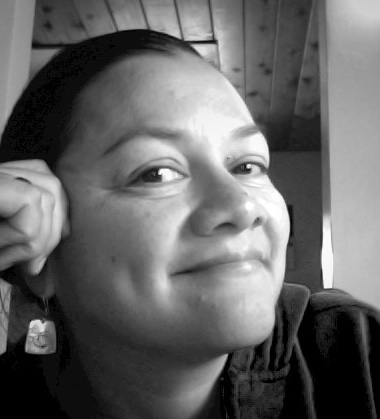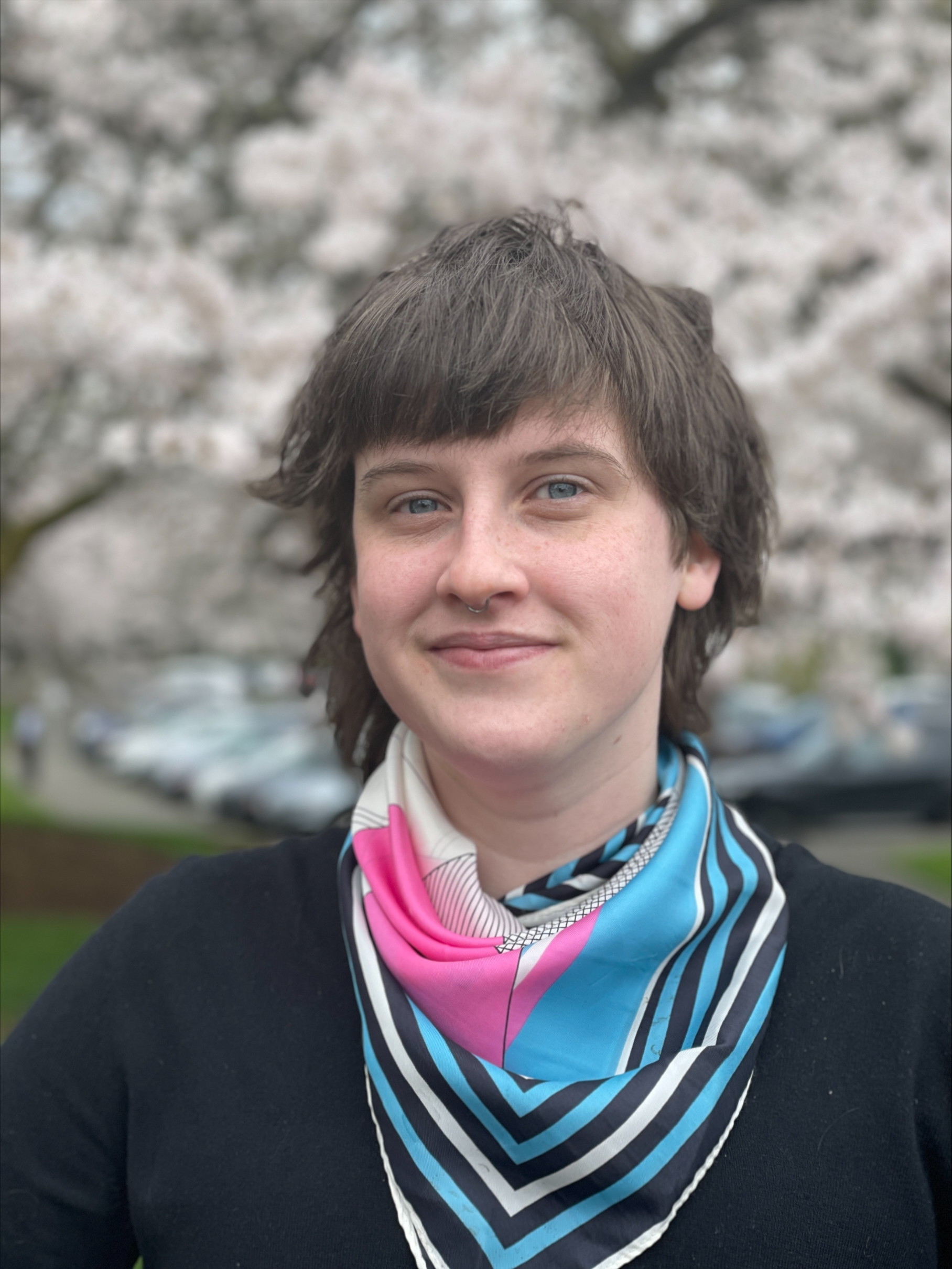Main Menu
Gathering Grounds
ONOJ Conference
Technical Assistance
Indigenous Social Determinants of Health
Health Training Modules
Indigenous Evaluation
Resources & Publications


Myra Parker, JD, MPH, PhD, is an enrolled member of the Mandan and Hidatsa tribes and serves as an Associate Professor in the Department of Psychiatry at the University of Washington School of Medicine. She is currently the Director of Seven Directions which is housed in the Center for the Study of Health and Risk Behaviors within the Department of Psychiatry.

Christina E Oré, MPH, DrPH is a Research Assistant Professor at the Center for the Study of Health and Risk Behavior (CSHRB), UW School of Medicine, and Associate Director of Indigenous systems alignment and data stewardship for Seven Directions.
.jpg)
Maya Magarati, Ph.D. is a Research Assistant Professor in the UW Department of Psychiatry and Behavioral Sciences and serves as a core faculty in Seven Directions, A Center for Indigenous Public Health, a part of the Center for the Study of Health and Risk Behaviors in the Department. She serves as the Project Lead on the Tribal Opioid Overdose Prevention project. Maya investigates sexual health, community engagement, global Indigenous environmental and behavioral health specifically tied to ecological trauma, resilience and traditional ecological knowledge, and immigrant and refugee cancer and wellbeing.

Danielle Eakins is a licensed clinical psychologist and a research scientist at Seven Directions. Danielle is dedicated to supporting behavioral wellness through collaborative, strengths-based partnerships with Indigenous communities.
.jpg)
Angela Gaffney (she/her) is from the Pacific Northwest and of non-Native (primarily Irish and German) descent. She co-developed the Indigenous Evaluation Toolkit and has had the opportunity to facilitate trainings, workshops, and other technical assistance opportunities with Indigenous communities since joining the team in 2022. Angie brings over a decade of experience evaluating public programs and providing training and technical assistance for the teams who so passionately implement them. Angie holds a Master of Public Administration (MPA) from the Evans School of Public Policy & Governance at the University of Washington. She lives in Seattle and keeps busy outside of work as a friend, neighbor, volunteer, and (mostly) mom of two young kids.

Meg (she/her) joined Seven Directions in November 2023 as a Research Coordinator. Dr. MacDonald has worked at the UW for just over 20 years, starting at the Office of Minority Affairs and Diversity. She has a PhD in American History and American Studies from Indiana University.

Kase Cragg (they/he) joined Seven Directions in 2023. They work on the Technical Assistance and Indigenous Evaluation teams, as well as support several communications projects. Kase is a mental health counselor by training, and their lived experience as a peer strongly informs their work.

Jacob received an MS degree in the UW School of Public Health's Epidemiology Department. He is interested in research on the social determinants of health, as well as the human gut microbiome.

Jessica Kipp (she/they) is a member of the Blackfeet Tribe and was born and raised in Browning, Montana. Jessica is a graduate of the University of Montana, receiving a bachelor’s degree in psychology. She is currently a Research Coordinator at Seven Directions and works on the Tribal Opioid Overdose Prevention Project.

Marina Van Pelt (she/her) is a member of Pueblo de Cochiti and the Confederate Tribes of the Umatilla Reservation. She recently joined Seven Directions as a Research Coordinator, having previously worked as a graduate research assistant with the team.
.png)
Tori BearBow (she/her) is Southern Cheyenne, Polish, and Japanese American. She is a University of Washington graduate with a Bachelors of Science in Informatics which she hopes to use to address health disparities.

Steven Nez (he/him) is a recent Master's in Public Health (MPH) graduate from the University of Washington Community-Oriented Public Health Practice (COPHP) program. He is Diné (Navajo) and Oneida (People of the Standing Stone) and has a particular interest in utilizing strength-based approaches to nourish Indigenous peoples’ ways of healing for their health and well-being.
.jpg)
Analisa (they/them) is a Tāp Pīlam Coahuiltecan and Kickapoo Indigenous student with a special interest in examining social determinants of health, health inequity and asset-based approaches.

Oakley (they/them) is Cherokee and Norwegian and was born and raised in western Washington. They are a graduate of the University of Washington and hold a Master’s in Social Work. Oakley joined Seven Directions in 2025 and serves as a Research Coordinator on the Technical Assistance team across all projects.

Maddy (she/her) is excited to join Seven Directions as a student assistant. She is a graduating senior at the University of Washington majoring in Global-Public Health and minoring in Bioethics.

Madison Fulton (she/her) is an enrolled citizen of the Navajo Nation and is from the Rough Rock community. She is of the Black Sheep Clan and born for the Salt People Clan. She is a current graduate student and is expected to graduate in May 2025. She is a current Board Member for the Southwest Indigenous Women’s Coalition and currently works for the Indian Health Services at the Phoenix Indian Medical Center.

Pedro (him/they), is a Maya Q’anjob’al, born and raised on Iipay and Payómkawichum lands (San Diego, CA) and finishing up concurrent Master's in Social Work and Master's in Public Health programs at the University of Washington this upcoming year